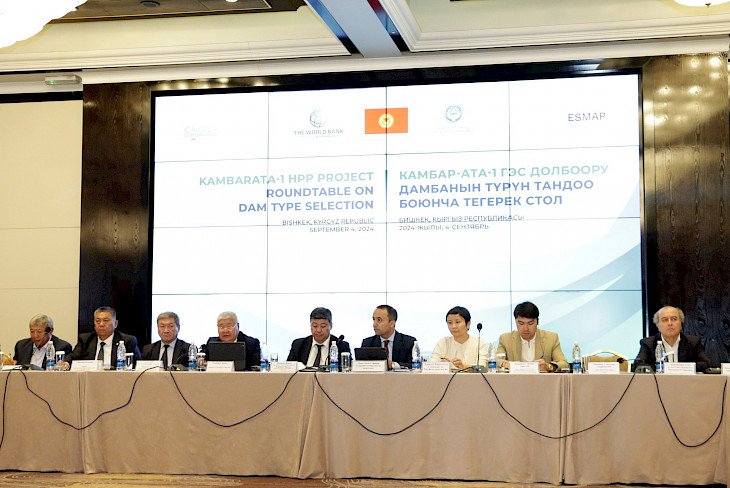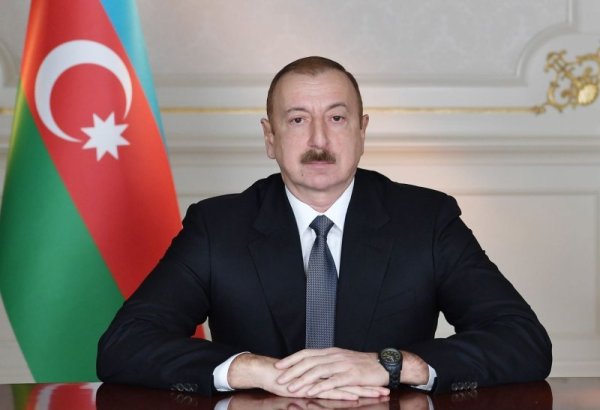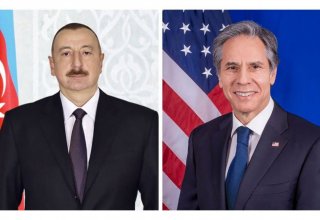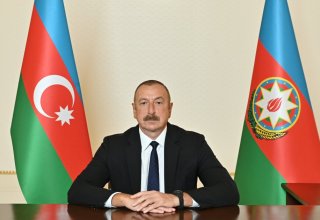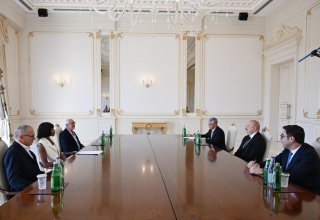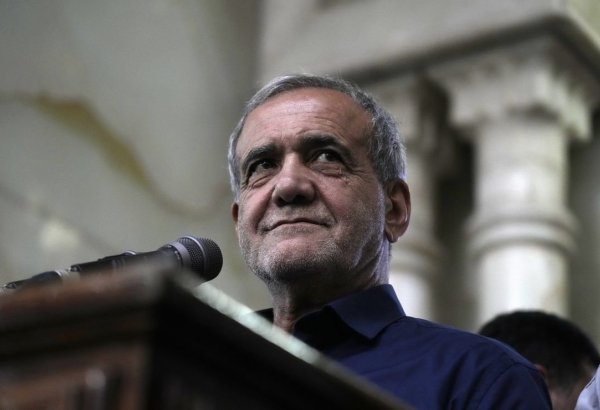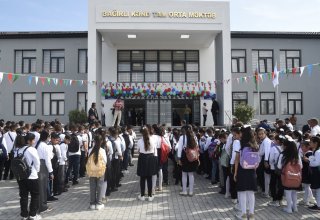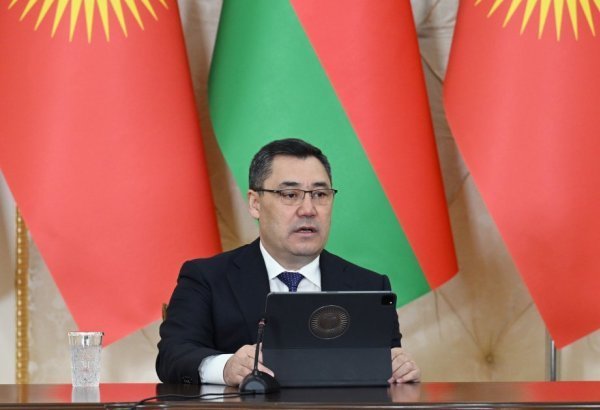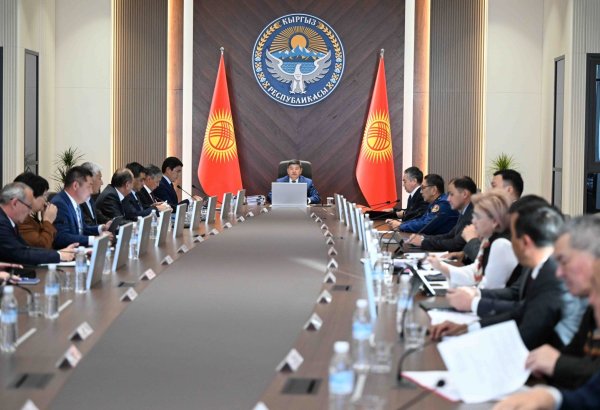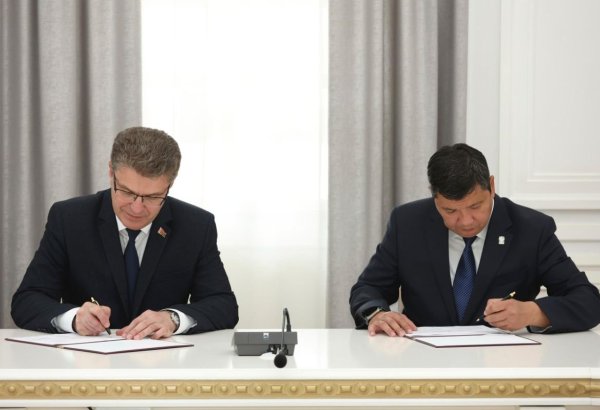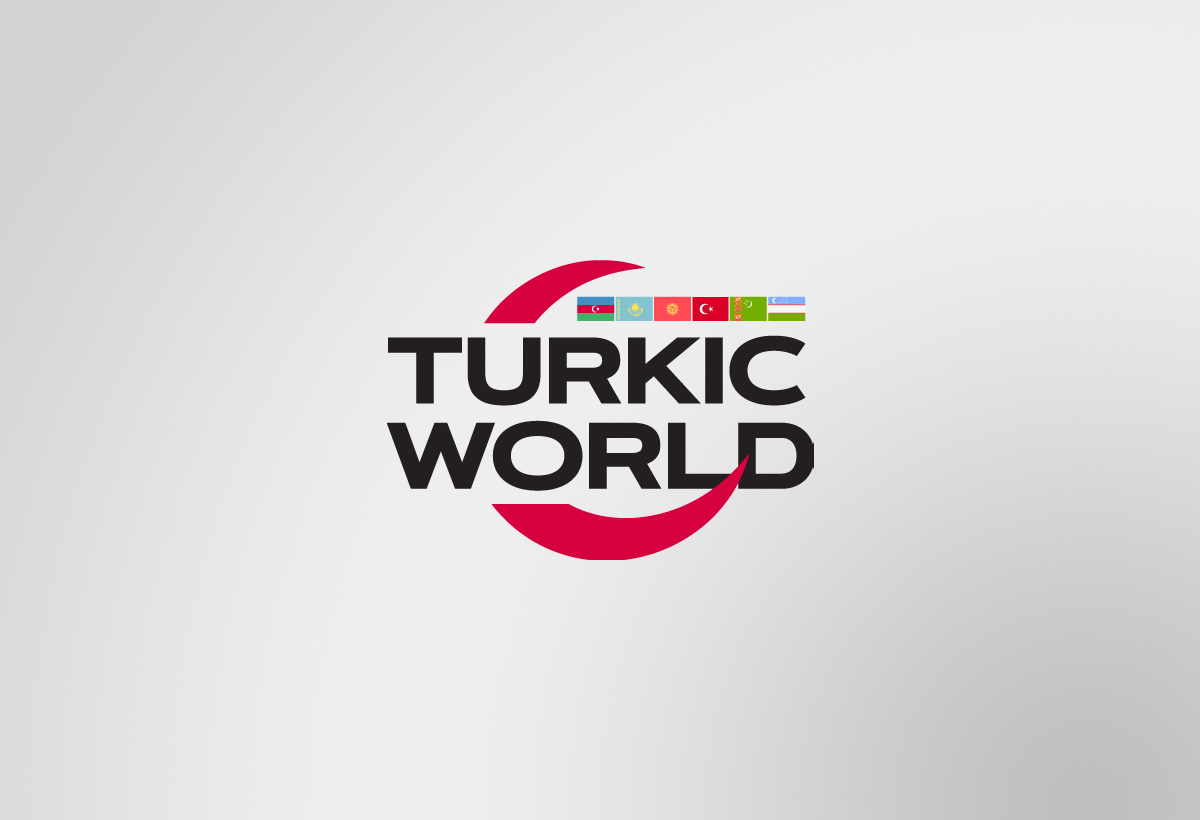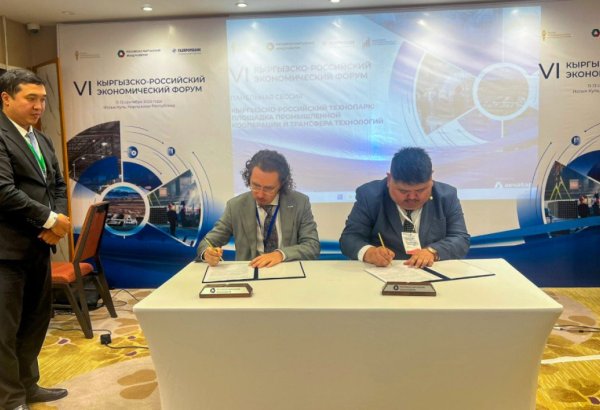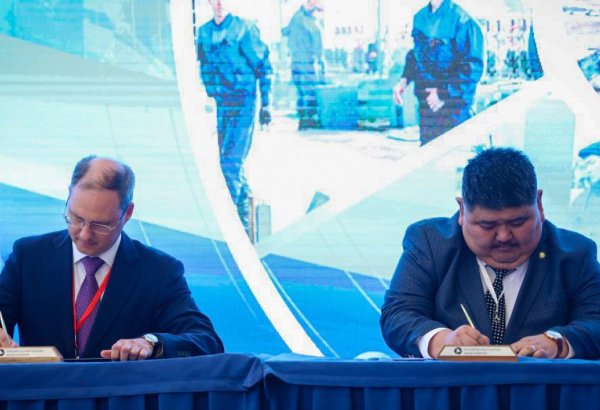BISHKEK, Kyrgyzstan, September 5. Kyrgyzstan and the World Bank (WB) discussed the choice of dam type for the construction of Kambarata HPP-1 at a roundtable in Bishkek, TurkicWorld reports.
The information notes that, the event was attended by representatives of Kyrgyzstan, the working group of Kazakhstan and Uzbekistan, the World Bank, as well as a group of international experts.
"Today's round table is a key stage in the development of the Kambarata HPP-1 project. As part of the construction, trilateral agreements have been signed between the Ministries of Energy of Kyrgyzstan, Kazakhstan, and Uzbekistan. This is a unique case when the three countries of the region come to a common understanding and support of the project. We are confident that joint work will lead to the creation of a quality project that will provide Central Asia with clean and renewable energy, improve the water and energy regime, and contribute to strengthening regional cooperation," the Deputy Chairperson of the Cabinet of Ministers of Kyrgyzstan, Minister of Water Resources, Agriculture and Processing Industry Bakyt Torobaev stated.
Kyrgyz Energy Minister Taalaibek Ibrayev said the 1,388-meter TT-2 transport tunnel was finished on August 30. About 15 kilometers of concrete roads are being built, with one lane finished. Power supply work is underway, with 80 percent overhead line installed.
"According to the plan, the completion of work on the 110 kV transmission line and construction of the 110/6 kV substation is scheduled for the end of 2024. The construction of a bridge over the Naryn River is underway. In parallel, the construction of a work camp is underway. All works are going according to plan, and we are confident that all preparatory stages will be completed by May next year," Ibrayev said.
In turn, World Bank Senior Energy Specialist Maksudjon Safarov recalled that the WB is financing the comprehensive preparation of the Kambarata HPP-1 construction project. Swiss company AFRY is developing the feasibility study.








